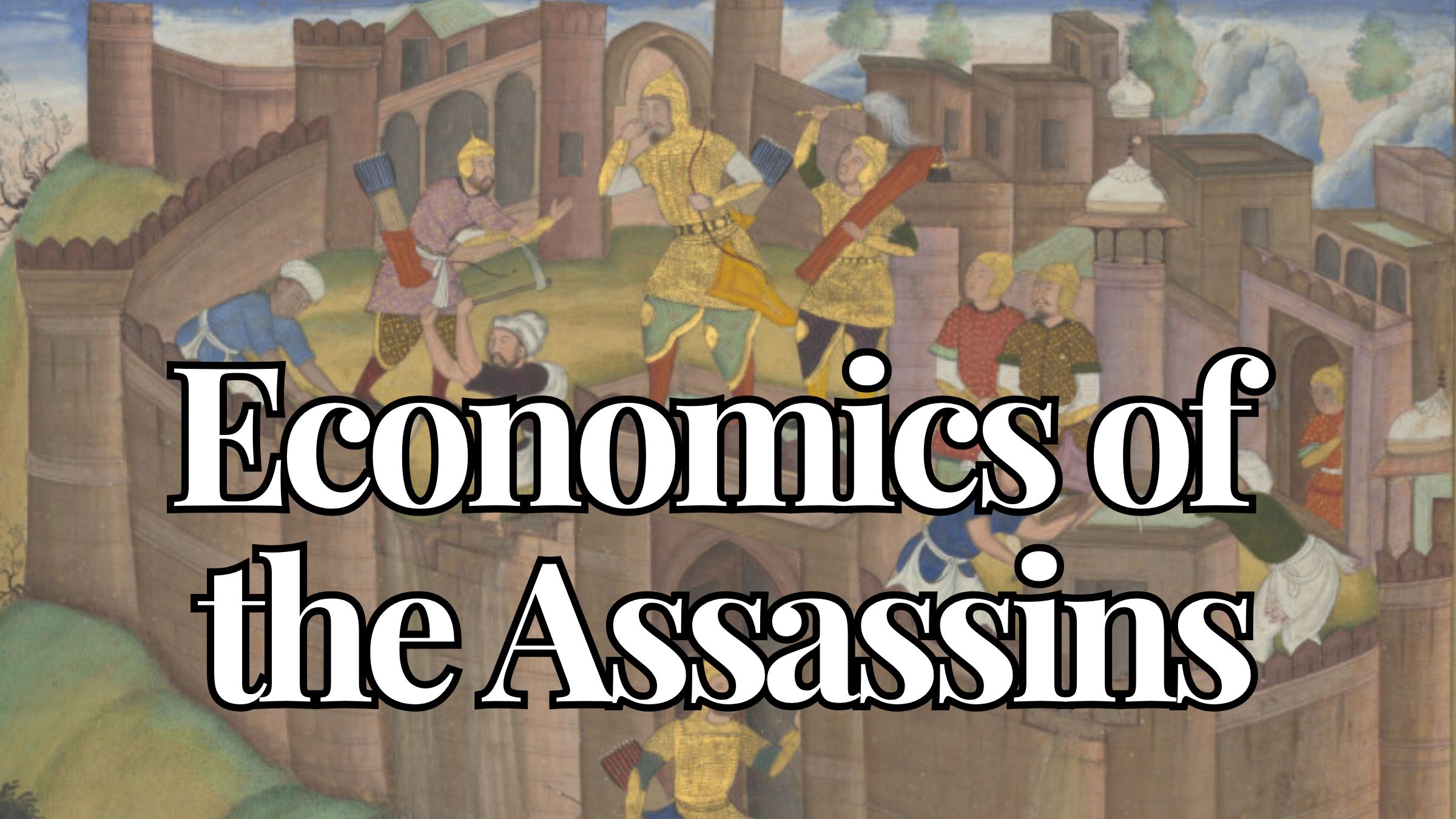
"By the 1130s, the Assassins had created their own home in Syria - a network of strong mountainous castles and a safe base from which, if necessary, their fidais teams could operate. But there was something strange about the way in which their hit squads, the fidais, were deployed. Having established an independent homeland, the obvious course of action for the famously clannish Assassins would be to withdraw from their Sunni neighbours - these were, after all, people who detested and persecuted them."
"But it is important to remember what the successful underpinning of a viable medieval Middle Eastern state looked like. Most players had several compelling economic advantages on their side. Some possessed huge tracts of fertile land. Others had ports or access to other trade routes which produced high levels of taxable income. Some also had large cities with economically active urban populations producing attractive revenue streams. Almost everyone, including the cash-strapped crusaders, had one or more of these assets."
By the 1130s the Assassins established a Syrian homeland of mountainous castles and a secure base for fidai operations. Rather than withdrawing from hostile Sunni neighbours, they repeatedly offered their murder squads for hire in exchange for cash and political gain. Such contracts drew them into escalating killings and the settling of other peoples' scores. Many historians dispute or explain away these contracts, but the broader medieval context shows most states relied on taxable land, ports, or urban populations for revenue. Lacking those assets, the Assassins turned to selling security and targeted violence as economic strategy.
Read at Medievalists.net
Unable to calculate read time
Collection
[
|
...
]